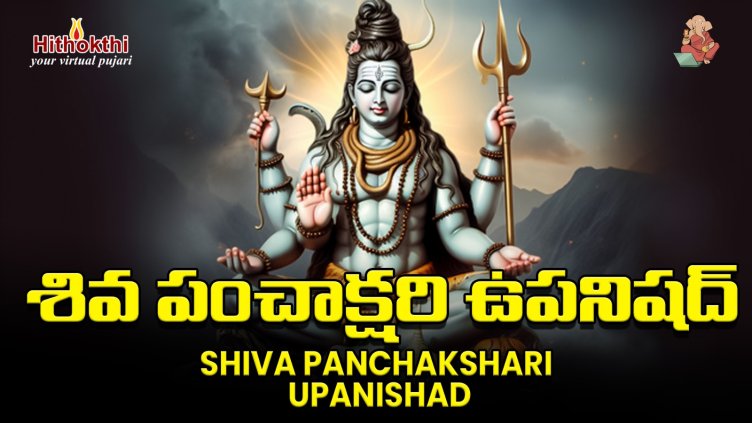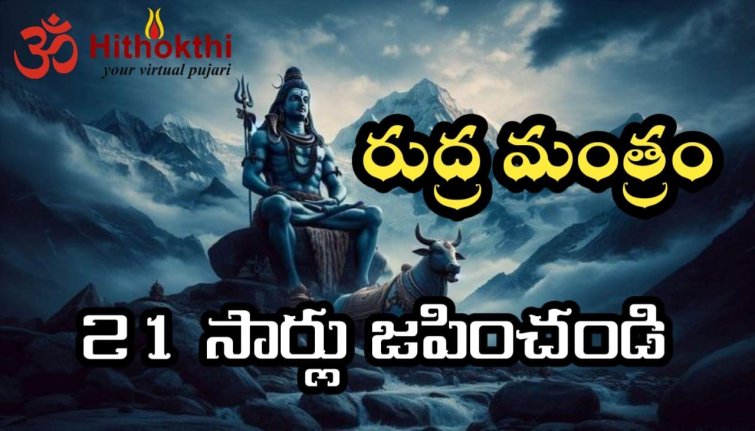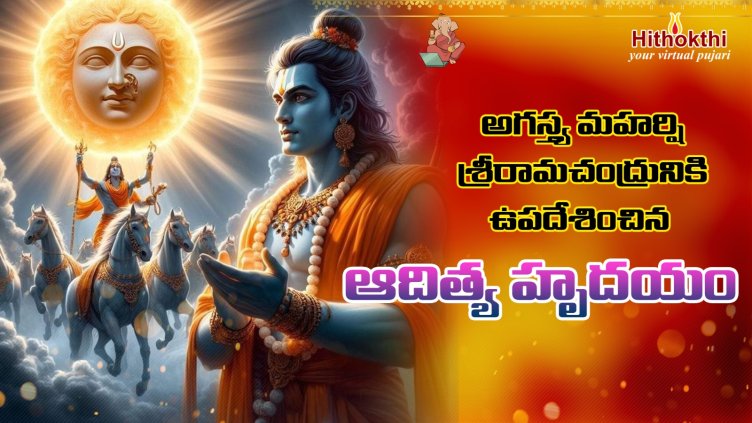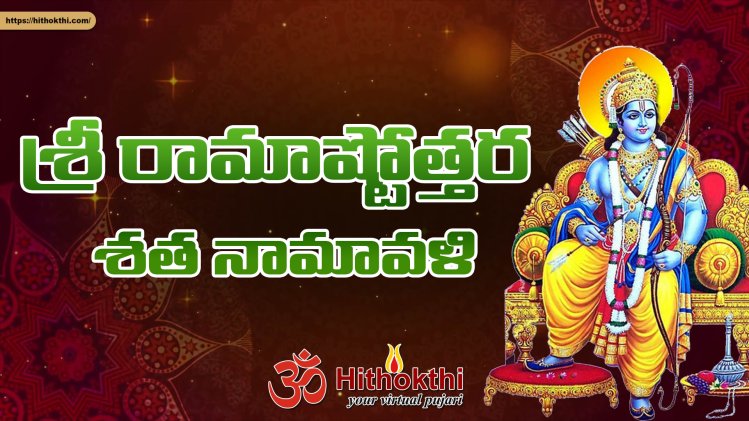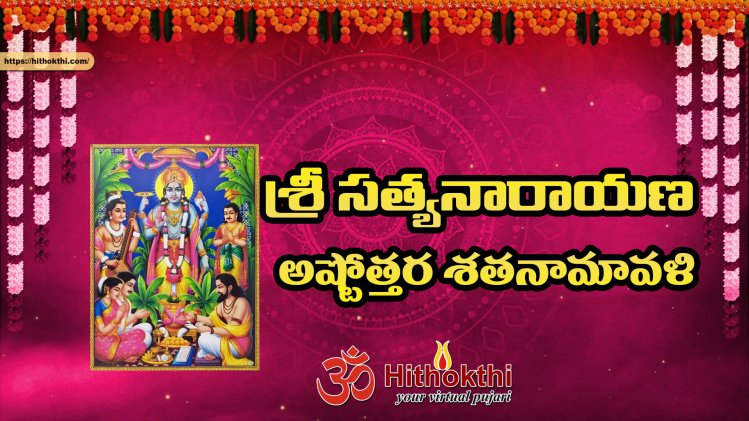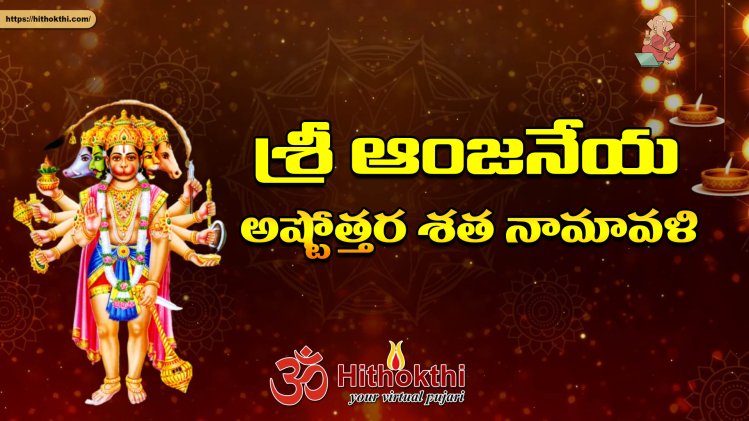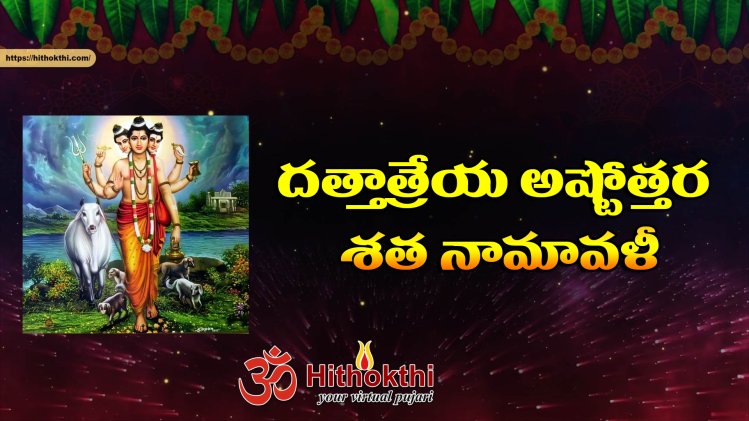100,000 RSS group leaders, 600,000 swayamsevaks, 42,000 sakhas working to drum up support for Hindu Nationalist Leader “MODI”

April 27, 2014: This is, however, not for the first time that the organisation is taking up a direct political role. In 1977, it came out of its headquarters in Nagpur to bring about the Janata government.
“Then RSS chief Balasaheb Deoras asked swayamsevaks (volunteers) to work for the Janata Party,” senior RSS leader Virag Pachpore said.
This time, more than 100,000 RSS group leaders and 600,000 swayamsevaks across some 42,000 sakhas – its local units – have been working overtime to drum up support for the BJP and its PM candidate Narendra Modi.
The Sangh’s strategy is to focus on 278 seats the BJP had won once or more and another 70-75 seats where it stood second in the past elections.
“RSS members are working on these seats since October last year and campaigning door-to-door to mobilise Hindu voters,” a senior RSS leader said. The cadres are using Facebook, Twitter and other social media networks too.
In UP, the RSS has pushed its cadres to fan out in the Congress bastions of Amethi, Sultanpur and Rae Bareli as well as SP strongholds.
The Sangh feedback played a role in BJP’s selection of candidates too. What’s more, there has been a huge concentration of RSS pracharaks in Varanasi to influence Hindu voters to back Modi, instead of letting the votes get divided.
In states like Madhya Pradesh, RSS cadres have been distributing pamphlets outlining the necessity to throw the Congress out. Their chant: ‘Booth jito, chunav jito (win the booth and win elections)’ for ensuring maximum voting.
Besides, the RSS leaders are settling BJP’s internal disputes. They convinced, for instance, MP minister Gopal Bhargava to resume campaigning for Abhishek, CM Shivraj Singh Chouhan’s son, contesting the Sagar Lok Sabha seat. Bhargava had sought the seat for Laxminarayan Yadav, a turncoat.
The plan of action had been chalked out on July 16 last year when Modi met RSS chief Mohan Bhagwat in Nagpur. It was decided that Modi would be fielded from Varanasi and Sangh leader Indresh Kumar would be his campaign coordinator.
An RSS insider said senior Sangh leader Suresh Soni and two others were chosen to coordinate with the BJP after the meeting. Soni played a major role in Modi’s anointment as the PM candidate last year despite stiff opposition from the LK Advani camp and within the Sangh.
“Bhagwat made the RSS’s intentions clear in his customary Vijayadashami speech on October 15 last year. He appealed to the people, especially young voters, to bring about a desired change,” veteran RSS analyst, Dilip Deodhar said.
The Vijayadashami speech is an RSS chief’s most important public event to give a glimpse into his world view and current priorities.
Though the RSS is not the only factor behind a perceived BJP wave, the Sangh’s role has come under sharp scrutiny.
Opponents have panned Bhagwat for throwing his weight behind the BJP. But that did not deter it from drawing up strategies in Hyderabad in January.

